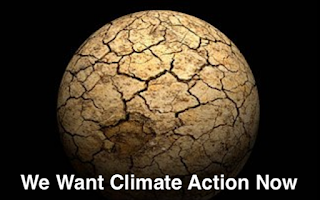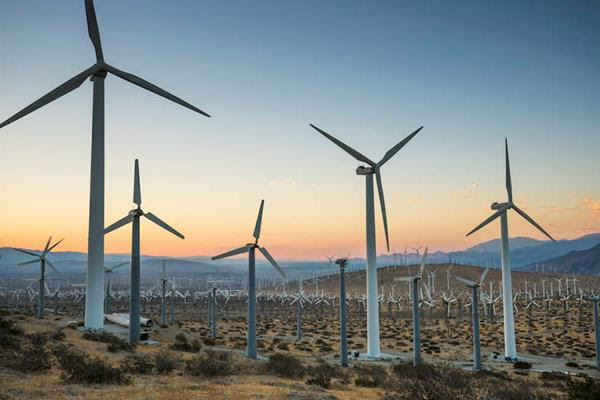 "The unexpected victory of conservatives in Australia's election is bad news for the future of global climate action."
"The unexpected victory of conservatives in Australia's election is bad news for the future of global climate action."
“Australians elected someone who once brought a lump of coal into Parliament
urging us to dismiss the warnings from climate scientists, and to dig
up more coal instead,” Professor Stephan Lewandowsky, an Australian
cognitive scientist, told ThinkProgress in an email. “There is little
doubt that his government will do precisely that.”“We have lost Australia for now,” warned Penn State climatologist Michael Mann in an email. “A coalition of a small number of bad actors now threaten the survivability of our species,” he said."
"These include “the fossil fueled Murdoch media empire, which saturated the country with dishonest right-wing campaign propaganda” working with a few “petrostates including Saudi Arabia, Russia, Trump’s America, and now Australia.”

"Rupert Murdoch’s grip on the Australian media — and his support of climate disinformation around the world — led one Australian scientist to write in 2011, “The Murdoch media empire has cost humanity perhaps one or two decades of time in the battle against climate change.”"
Read the ThinkProgress article
Related:













